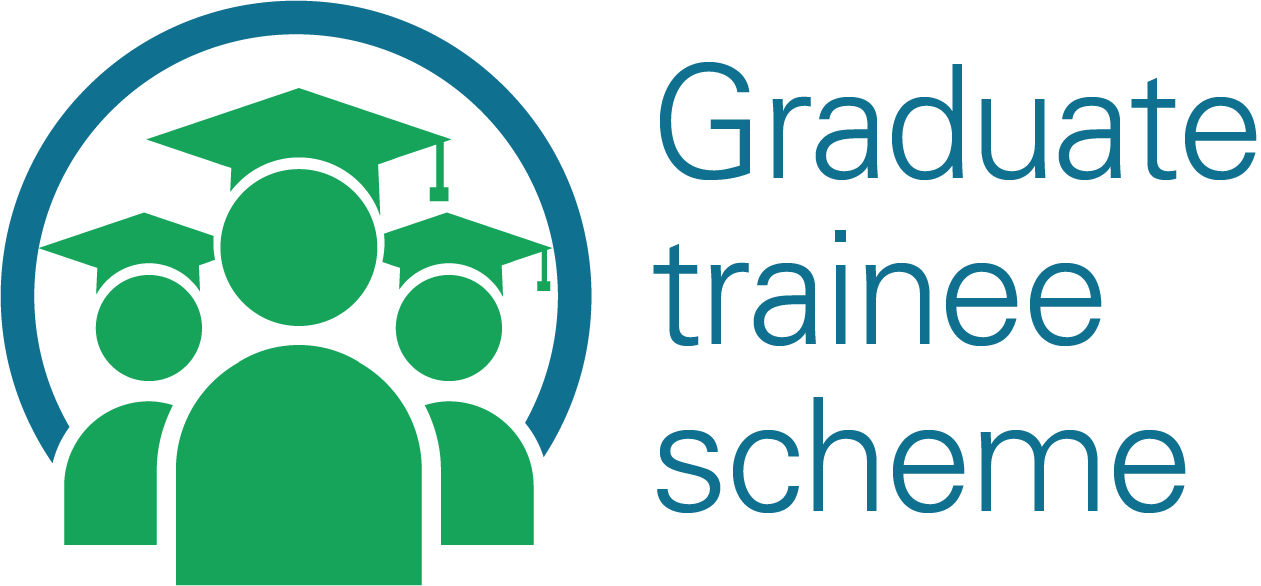Tips and hints on what to expect if you apply
Our graduate trainee recruitment and selection process has been carefully designed to give you as much opportunity as possible to show your skills and qualities relevant to our graduate trainee role. The steps involved help us build a clearer picture of your capabilities and strengths.
To give you an idea of what’s involved, we’ve put together some helpful hints and tips for you.
Before you apply
Do your homework and research what Audit Scotland does and the impact our work has on Scottish public services. Think carefully about whether our organisation and our values are right for you and whether a career in audit is something you are interested in. Many of our Audit Scotland colleagues are active on various social media channels such as LinkedIn, Facebook and X. We encourage you to make contact with us and find out more about what it’s like to work at Audit Scotland as a graduate trainee.
At each stage in the recruitment process, we'll be looking for you to show awareness and evidence of the skills and qualities you need to succeed as a graduate trainee. Wherever possible, you should be able to demonstrate and highlight how you match our requirements.
Completing your application form
Our application process is straightforward and all online, so you can complete it at a time that works best for you. Remember that first impressions count, so make sure you read the instructions carefully as you go through each of the steps. Include accurate details of your academic and employment history and use this stage as an opportunity to sell yourself and explain why you are interested in working for Audit Scotland and why you think you would make a great trainee with us. Impress us by doing your research.
Our application form also includes two competency-based questions designed to assess you against specific skills required for the role and so we’ll be looking for real-life examples of when you’ve demonstrated them. Examples could be from your studies, previous employment, extracurricular activities or any work experience you’ve undertaken.
Reasonable adjustments
As a Disability Confident employer, we are committed to providing inclusive and accessible recruitment where everyone is supported to perform at their best. Please let us know of any reasonable adjustments you may need throughout each stage of the recruitment process by emailing careers@audit-scotland.gov.uk. You only need to share what you are comfortable with so that we can help put the right support in place for you.
Online tests
Following the closing date, you’ll be invited to complete two psychometric tests; an online numerical and verbal test. Don’t be put off – ensure you take the time to prepare and complete some practice tests before you start. You can practice tests before you sit the real one on www.shldirect.com. Make sure you read the questions carefully and work as quickly and accurately as possible. You’ll have a week to complete the test and the test will be issued by our recruitment partners, Veredus.
Online analysis exercise
Those who successfully complete the on-line application form and online tests and have met our initial criteria, will be invited to complete an online simulation exercise designed to simulate a work-based task. All the details about the exercise will be given to you in advance however it will involve preparing a written report.
Interview stage
Those who successfully complete the to online analysis exercise stage will be invited to a final stage interview. We recommend that you start preparing for your interview well in advance. You need to think about the topics which might be discussed and examples of how your experiences and skills relate to these. Some things to reflect on prior to interview are:
- things you’ve done that can help you demonstrate relevant skills and qualities
- competency based questions you're likely to be asked and what your response would be. We would recommend familiarising yourself with the role profile, particularly the essential and desirable criteria in advance of your interview for an idea of the types of areas which are likely to be explored.
- preparation for any presentation you may have been asked to do on the day of the interview
- questions you want to ask
Remember, we're not expecting you to be perfect but preparing for some of these questions will certainly help you to feel confident that you've given it your best shot.
At the interview
- prepare what you're going to wear beforehand - if in doubt, dress conservatively.
- don’t be late - aim to get there in good time. If you're delayed, try to call ahead to warn us; you may want to bring a copy of your interview invitation along with directions.
- listen carefully to what the interviewers are asking you
- take time to think about the question and your answer
- express yourself clearly, concisely and be specific
- use examples to demonstrate your skills – what did you do? What impact did it have? What did you learn?
You might also find it helpful to use the STAR method to structure your answers:
- S - Describe the situation and when it took place
- T - Describe the task and what needed to be done
- A - Explain the action you took
- R - What was the result of your actions?
Offer stage
You will be notified shortly after the interview whether you have been successful. All offers are conditional on a number of pre-employment checks.
Keep in touch
Follow us on our social media channels for regular updates.
You can also contact us at 0131 625 1500 or email careers@audit-scotland.gov.uk





